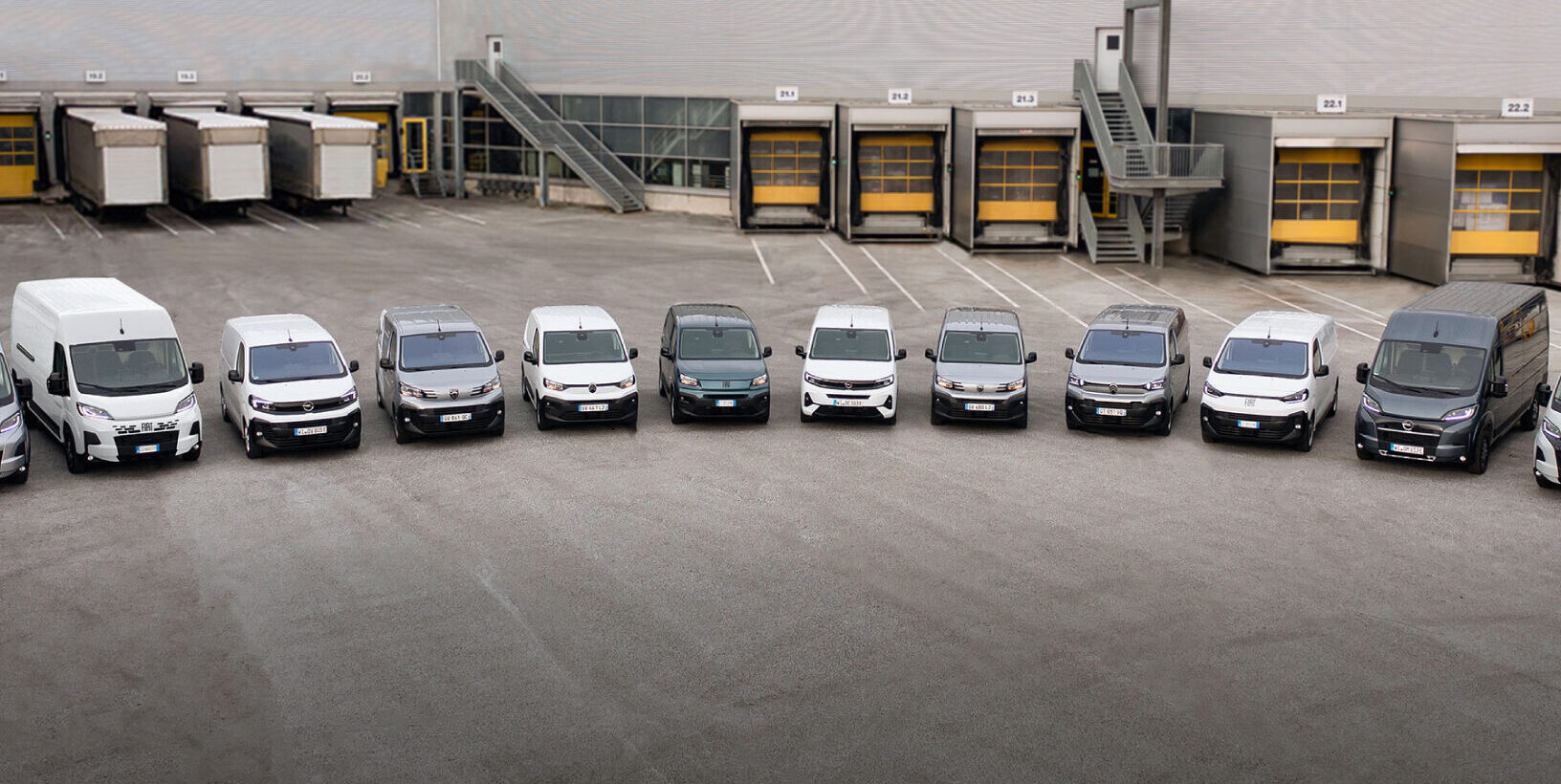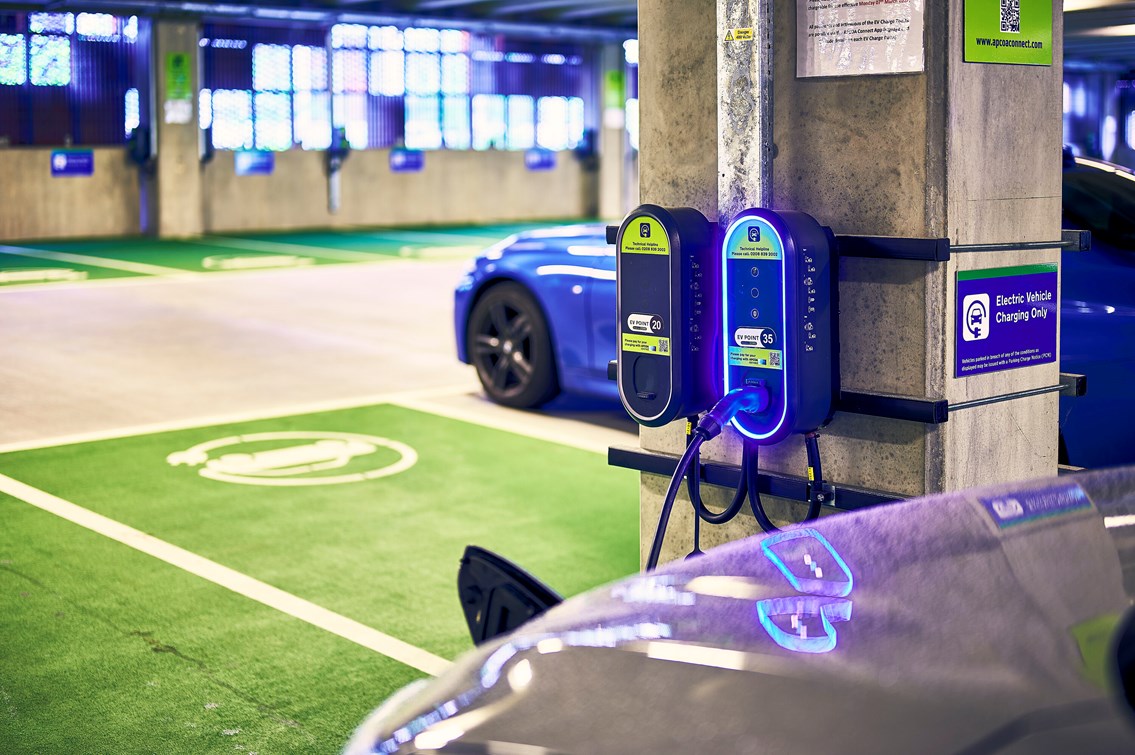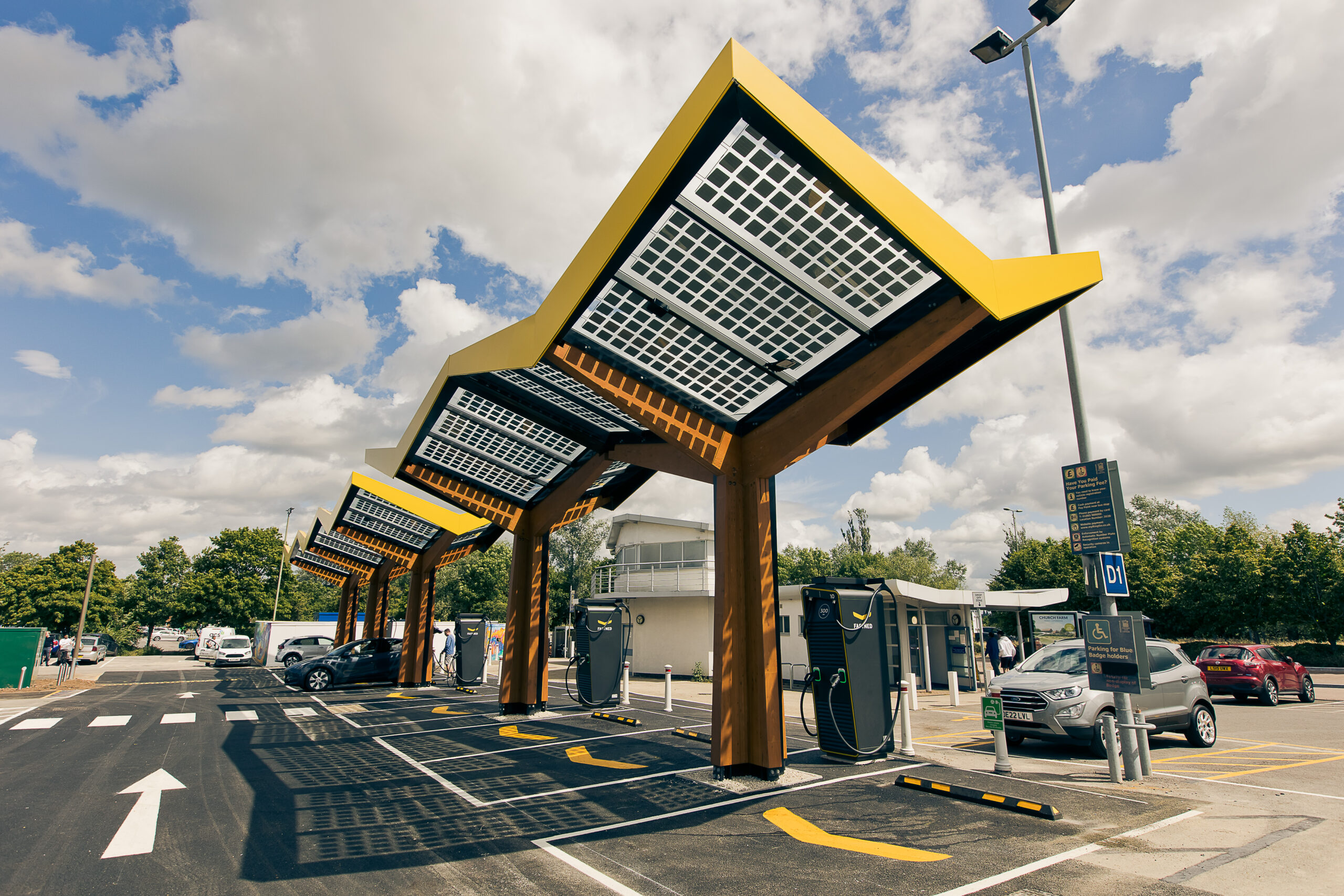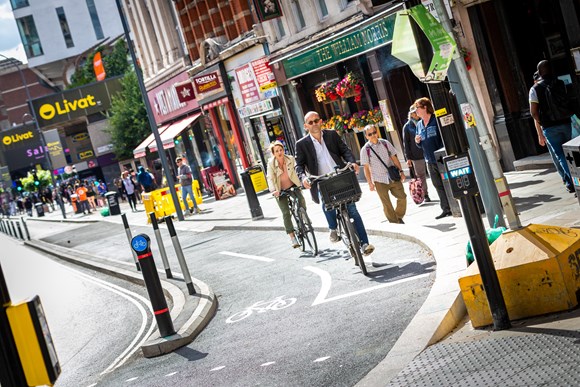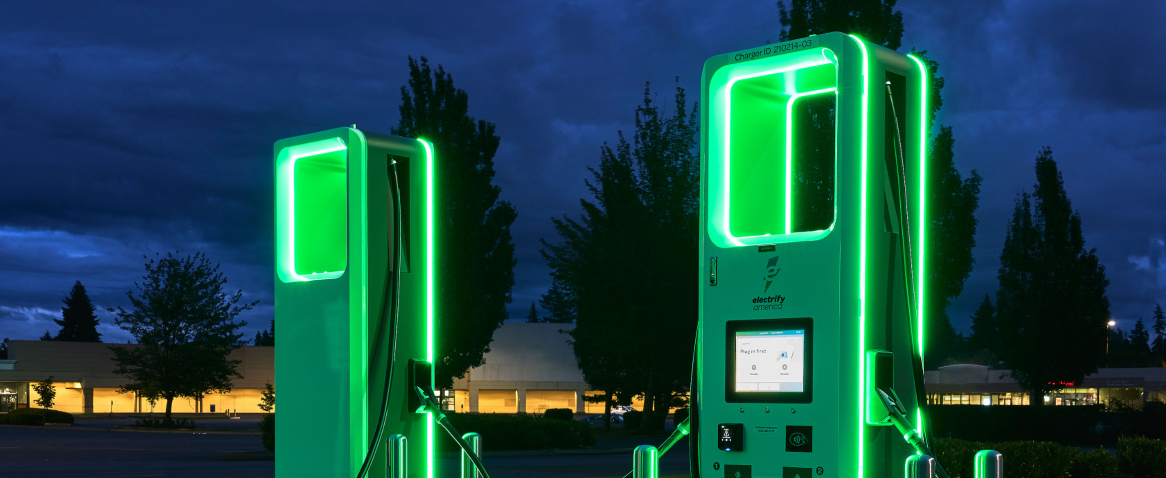Nearly Half of English Local Authorities Unprepared for Electric Vehicle Transition, Geotab Report Finds
- Almost three-quarters surveyed have electrified less than 10% of their fleets
- Majority have fewer than 50 public, home, and depot EV chargers in place
Geotab Inc.Ⓡ, a global leader in IoT and connected transportation solutions, has unveiled a new report examining progress amongst local authorities in England making the transition to Electric Vehicles (EVs). Despite the UK government’s mandated ‘end of sale’ of petrol and diesel cars by 2030, the research finds an alarming lack of local investment and awareness regarding the EV transition. The report highlights some key opportunities and recommendations for local governments to better prepare themselves for the future transition to EVs.

The research, titled ‘Destination EV – Accelerating Local Authority EV Transition’, was commissioned in partnership with Political Intelligence and conducted between January and April 2022. It sought to understand how local authorities are making the ‘switch to electric’ amongst their own fleets, typically comprising vehicles to support parking enforcement, environmental wardens, maintenance, refuse, social services, and more.
The shift to zero-emission vehicles is at the heart of the UK’s net zero strategy. With fleet vehicles comprising over half of new vehicles on the road, fleets within the public sector attract attention and scrutiny owing to their position in setting overall best practice for zero-emission strategies. Using Freedom of Information (FOI) data requests, 113 local authorities across England were selected with 98 responding in time for the report’s publication.
Almost half of local authorities surveyed have yet to set a date for completing the transition of their fleets to electric vehicles, with 74% still operating fleets comprising more than 90% petrol and diesel-powered Internal Combustion Engine (ICE) vehicles. The average electrification rate reported amongst all local authorities is only 4.2%.
When asked for reasoning for not setting appropriate target dates, respondents cited that the key barriers include the high cost and limited availability for specific types of EVs, such as Heavy Goods Vehicles (HGVs) and buses, along with limited resources to dedicate to support such a transition. However, Geotab has previously demonstrated that nearly 40% of UK fleet vehicles could go electric today and still save money, according to its Electric Vehicle Suitability Assessment (EVSA). Respondents also noted concerns around charging, with the majority reporting fewer than 50 charge points in place across public, home, and depot locations.
David Savage, Vice President UK & Ireland at Geotab, stated:The findings of this report demonstrate a worrying lack of investment by local authorities across England ahead of the switch to electric at the end of this decade. 27% of the UK’s emissions are attributed to transport, and fleets account for over 50% of new vehicles on the road. Public sector fleet operators are in a position to lead this strategic shift by example—but they need the necessary investment, funding, and tools to support the transition to 100% electric.
Despite the issues and challenges raised in the report, its findings have concluded that the transition has clearly begun, with 80% of local authorities reporting at least one EV in their fleets—and despite the low electrification rate across all surveyed local authorities, Leeds City Council, Kingston, West Sussex County Council, and Winchester City Council all reported 20% or higher electrification amongst their fleets.
Nottingham City Council is leading the way with 34.9% of its fleet currently electrified and aiming to become completely zero-emission by 2028. It is the first local council to operate an electric HGV and bus, with a total of 20 expected to be operational in the coming years.
The report concludes that there is a need for better guidance and facilitation of best practice sharing amongst local authorities and government, together with a concrete target in place to focus transition progress. Similarly, charging infrastructure remains a significant barrier including availability and compatibility with differing electric vehicle charging standards. Overall, the challenges cited by local authorities present a clear opportunity to improve data access and understanding of current fleet usage to better inform a fuller EV transition.
Whilst only 13% reported employing telematics across the entirety of their fleets, the overwhelming majority utilise it to a certain degree, with only 10% stating they did not use telematics at all. Geotab’s telematics solutions can uncover insights from real-world vehicle data to optimise usage efficiency, inform on ‘not-spots’ where further infrastructure development may be needed, and support the case for a fuller EV transition with tools such as the Electric Vehicle Suitability Assessment (EVSA) that can select the best EVs and create a bespoke transition blueprint based on real usage data.
Findings at a Glance:
- 20% of local authorities who responded have yet to add a single EV to their fleet.
- Only 4 local authorities had fleets with over 20% EVs.
- 54% of the local authorities have less than 50 charge points, including public, home and depot chargers.
- 46% of local authorities had not yet set a date by which they expect their vehicles to be electric.
- The overwhelming majority of local authorities used telematics to some degree in their fleet management, however, only
- 13% (13) local authorities have telematics across their entire fleet.
This article was originally published by Geotab Inc..






